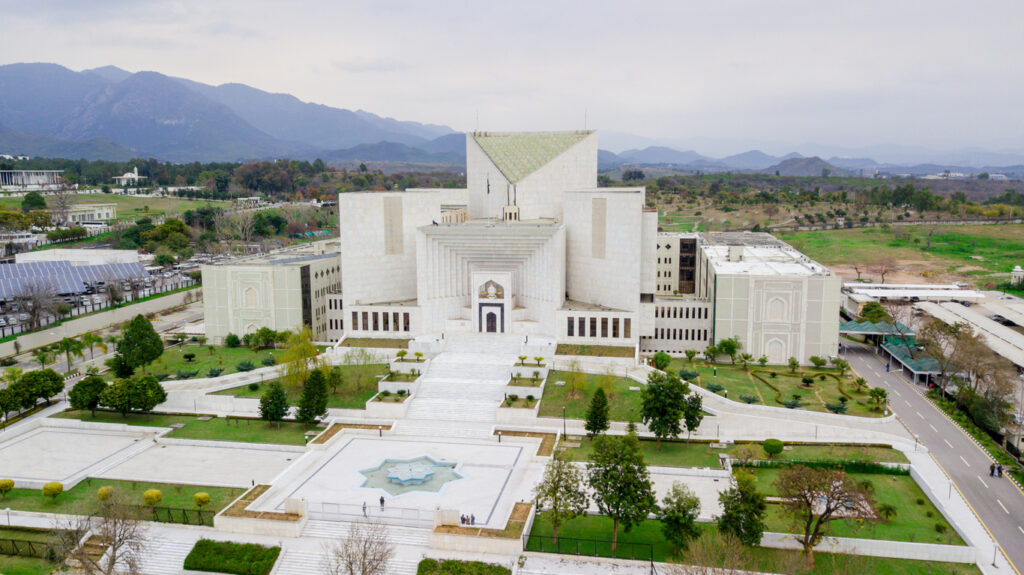Introduced on 15th April 2020, the new Saudi Commercial Courts Regulation (CCR) updates and enhances the process of commercial dispute resolution in the Kingdom of Saudi Arabia (KSA) to make it more efficient, transparent and in line with leading global practices.
A component of the Saudi ‘Vision 2030’ framework, the new regulations aim to:
- Modernise the commercial judicial environment
- Fast-track court decisions
- Reduce litigation period
- Engage the private sector
- Promote alternative dispute resolution
- Digitize procedures
These changes are important for international trade and commercial dispute as they provide creditors with a greater range of practical recovery options as well as increased transparency, speed and clarity of process for pursuing both amicable settlement and litigation.
Emphasis on mediation and private sector involvement increases the likelihood of swift amicable recovery
Mediation/conciliation is now a mandatory pre-litigation procedure for claims under SAR 1 million (circa USD 266,595 / EUR 224.756 / CNY 1,807,137) and optional for claims over that amount. This will speed up processes and may help to avoid unnecessary litigation, even for claims over the threshold amount.
The CCR provides a role for private sector participation in these procedures, boosting efficiency and practicality and helping participants to adhere to the 30 days’ time limit set in the regulations.
A signed and attested Settlement Plan becomes an enforceable document, which the creditor can use to enforce their claim without further recourse to litigation through the Commercial Courts.
Performance Orders provide creditors with an expedited enforcement option
Creditors can now file a request to force the debtor to perform a certain payment under the condition that the debt is evidenced in writing, payable and the type and amount is clearly specified in writing.
In payment orders the claimant is required to notify the debtor to make payment at least 5 days before filing the payment order, and the court must issue its decision within ten days from the registry date.
Litigation is streamlined with reduced court periods and flexible administrative procedures
With the new CCR provisions, the general rule is that any commercial dispute raised against a merchant because of their commercial activity is within the competence of the commercial courts.
This welcome clarification does away with previous ambiguity which led to prolonged litigation in some situations when cases bounced between the Commercial and General Courts.
The maximum court periods for litigation have been reduced considerably, as follows:
- 180 days for cases in front of first instance
- Decisions by the court of appeal on cases that do not require significant review or hearings can be issued within 20 days
- Other types of appeal must take no more than 90 days
Parties to litigation have the flexibility, by special agreement, to tailor all other administrative procedures and relevant time periods to suit their specific circumstances: e.g. number and time period for submission of memos etc.
In litigation, both parties may engage private sector experts: to provide courts with expert opinion of the commercial usage on certain matters.
New statute of limitations
The CCR introduces for the first time in Saudi Commercial Courts the provision for a statute of limitations, where the article 24 of the regulations stipulates that commercial claims will not be heard after five years from the establishing date of the claimed right.
For rights and obligations established prior to the enactment of the new law, the time limits will start as of 16 June 2020.
The CCR considerably enhances KSA’s ambitions towards economic diversification and its attractiveness to international commercial trade.
In addition to the changes mentioned, the CCR does a great deal to promote transparency, professionalism and the modernisation of Saudi commercial judicial procedure in a way which should improve the attractiveness of the country as a destination for foreign investment.
This includes the right of litigants (as well as the public, for a small fee) to access and inspect case documents; the requesting the appointment of a subject matter expert from the private sector to present their opinions in litigation, and a wholly modern system accommodating and recognising digital processes for serving notice and documentary evidence.




